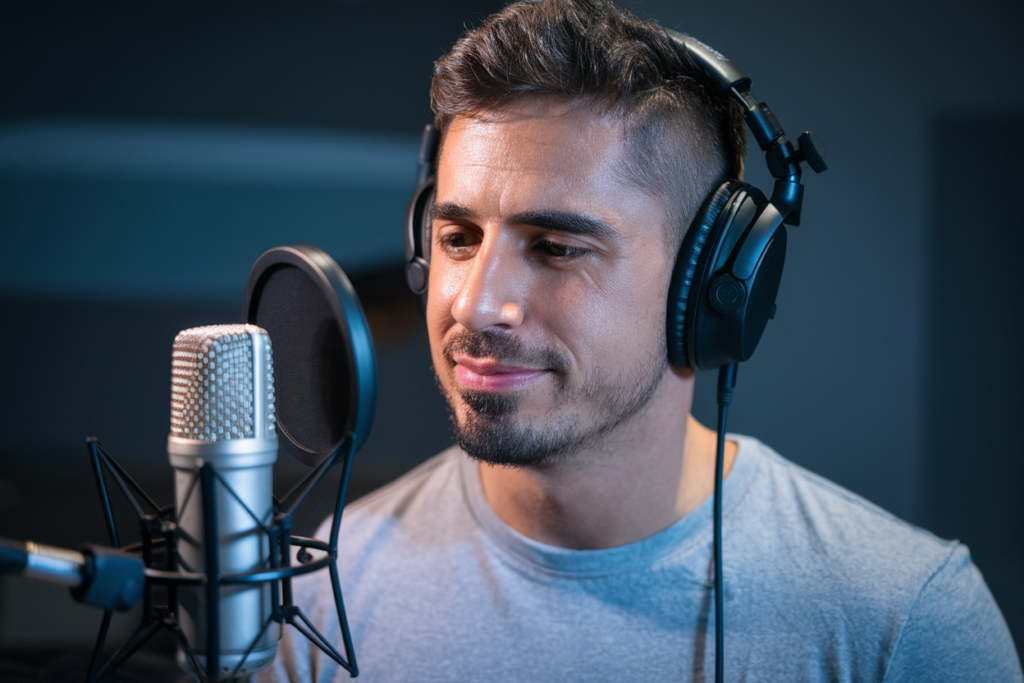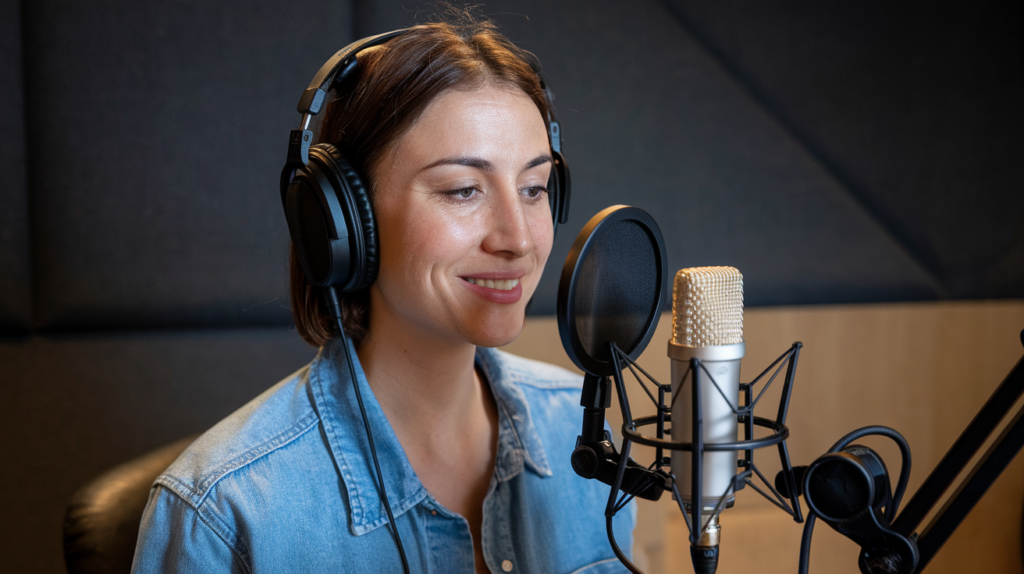When I think about the richness of Galician culture, one aspect that stands out is the language itself. The Galician language isn’t just a means of communication; it’s a vibrant expression of identity and heritage. As I delve into the reasons for dubbing in Galician, I realize how crucial it is to preserve this linguistic treasure.
Dubbing content into Galician not only makes media more accessible but also strengthens cultural ties among speakers. It allows us to enjoy films and shows while connecting with our roots. By exploring these reasons, I’ll uncover how dubbing can enhance our appreciation for the language and promote its use in everyday life.
Importance Of Doubling In Galician Language
Doubling in the Galician language plays a crucial role in preserving cultural identity and promoting linguistic richness. It fosters deeper engagement with the language among speakers.
Cultural Significance
Cultural significance stems from how dubbing connects individuals to their heritage. Engaging with media in Galician enhances community ties and promotes shared experiences. Dubbing familiarizes audiences with traditional narratives, folklore, and contemporary themes that reflect local values. By producing media content in Galician, creators celebrate and sustain cultural practices unique to Galicia.
Linguistic Features
Linguistic features of doubling enrich the expressive capacity of the Galician language. It allows for nuanced interpretations of dialogues, capturing emotional subtleties effectively. Doubling also aids in maintaining phonetic authenticity while adapting foreign content. This process preserves linguistic characteristics such as intonation patterns and regional accents, enhancing comprehension for native speakers. Through careful attention to these features, dubbing contributes to a vibrant linguistic landscape within Galicia.
Benefits Of Doubling In Galician
Dubbing in Galician offers numerous advantages that enrich the language experience and strengthen cultural ties among speakers. These benefits play a crucial role in fostering appreciation for the language.
Enhancing Clarity
Enhancing clarity occurs when content is accessible to native speakers. Dubbing provides an opportunity for audiences to engage with media without language barriers, making information easier to understand. Clear communication fosters comprehension of complex themes, allowing viewers to grasp intricate narratives while enjoying films and shows in their mother tongue.
Promoting Identity
Promoting identity happens through the use of the Galician language in popular media. Dubbing reinforces cultural pride by showcasing local dialects, expressions, and storytelling traditions. This practice cultivates a sense of belonging among speakers as they connect with characters who reflect their experiences and values. Engaging with familiar voices strengthens community bonds and encourages intergenerational transmission of cultural heritage.
Challenges Of Doubling In Galician
Dubbing in Galician faces several challenges that impact its effectiveness and reach. Understanding these obstacles is crucial for fostering a more inclusive linguistic environment.
Dialectal Variations
Dialectal variations present significant challenges in dubbing. Different regions in Galicia speak distinct dialects, each with unique phonetic traits and vocabulary. When dubbing content, maintaining consistency across dialects becomes difficult. For instance, a term widely understood in one area may be unfamiliar or carry different connotations in another. This variation can lead to confusion among viewers and diminish the overall impact of the dubbed material.
Resistance To Change
Resistance to change also hinders the growth of dubbing initiatives. Some speakers may prefer original language versions over dubbed ones, viewing them as less authentic or inferior. This mindset limits audience engagement with Galician-language media and reduces support for dubbing projects. Additionally, institutional inertia within media organizations can slow down efforts to expand dubbing resources and capabilities, further complicating the promotion of Galician as a viable medium for diverse content.
Practical Examples Of Doubling
Doubling in the Galician language manifests in various contexts, showcasing its versatility and cultural significance. Here are some practical examples highlighting its usage.
Common Usage In Literature
Doubling frequently appears in Galician literature, enriching narrative depth and emotional expression. For instance, authors often employ phrases like “camiño de volta” (way back) or “pinta de vida” (paint of life), enhancing imagery and evoking stronger connections to themes of journey and existence. Additionally, poetry utilizes doubling for rhythm and emphasis; lines may repeat key concepts to reinforce messages about love or nature, creating a more immersive experience for readers.
Everyday Conversation
In everyday conversation, doubling serves to clarify meaning and add emphasis. Phrases such as “máis que máis” (more than more) or “xa está feito” (already done) illustrate this practice effectively. Using repetition creates familiarity among speakers, making communication feel more engaging and relatable. Furthermore, expressions like “todo todo” (everything everything) convey enthusiasm or certainty about a topic while maintaining conversational fluidity. These examples highlight how doubling enhances both clarity and connection within the Galician-speaking community.
Conclusion
Dubbing in the Galician language is more than just a means of translation; it’s a powerful tool for preserving and celebrating cultural identity. By making media accessible to native speakers, dubbing fosters a deeper connection to our heritage and enhances community ties.
I believe that embracing dubbing not only enriches our understanding of complex themes but also encourages intergenerational sharing of our rich traditions. While challenges exist, the potential benefits far outweigh them. Engaging with Galician-language content helps reinforce the vibrancy of our linguistic landscape, ensuring that our unique narratives continue to thrive. Let’s champion dubbing as an essential part of keeping the spirit of Galicia alive and well in today’s world.








